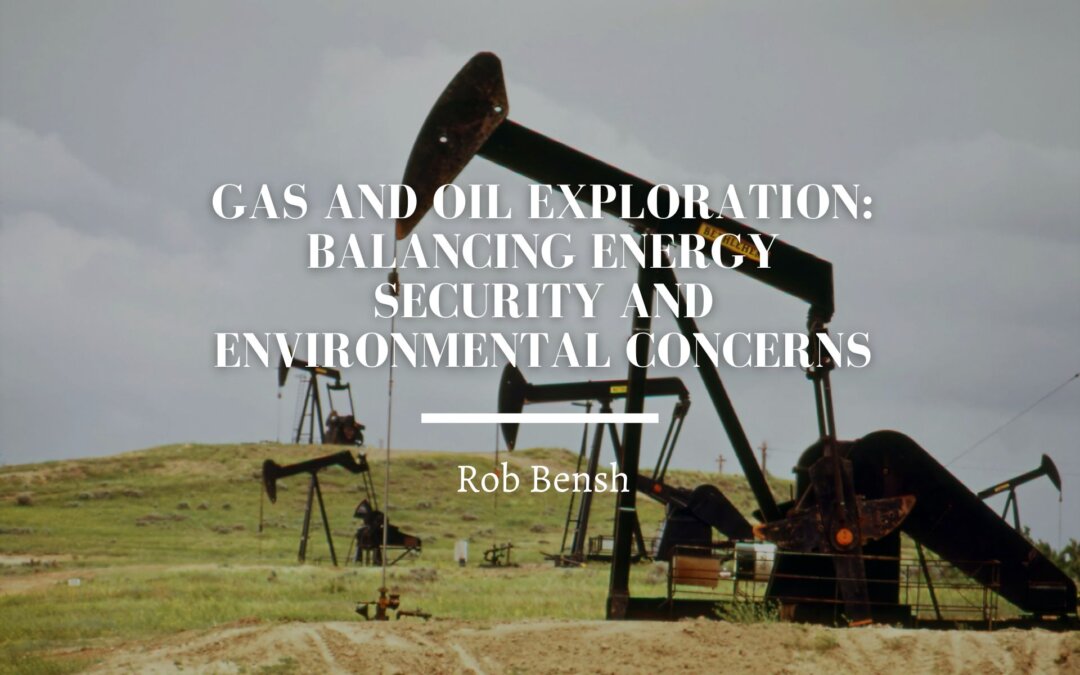In today’s rapidly changing energy landscape, the oil and gas industry finds itself at a critical crossroads. The industry faces mounting pressure to address the implications of energy transitions, reduce greenhouse gas (GHG) emissions, and align with the goals of the Paris Agreement. As we consider the role of oil and gas companies in the transition to a sustainable future, it is essential to explore the delicate balance between energy security and environmental concerns.
The increasing demands for clean and renewable energy have led to questions about the place of fossil fuels in our changing energy economy. While it is evident that the combustion of oil and gas contributes significantly to global GHG emissions, it is important to recognize that these fuels currently play a crucial role in meeting global energy demand. Achieving a rapid and complete transition to renewable energy sources is a complex and multifaceted challenge that requires a balanced approach.
One of the key considerations is energy security. Oil and gas continue to provide a reliable and abundant source of energy for various sectors, including transportation, industry, and heating. Sudden or drastic shifts away from fossil fuels without viable alternatives in place could lead to energy shortages, economic instability, and adverse impacts on the livelihoods of millions of people worldwide. Therefore, a gradual and well-managed transition is essential to ensure a stable energy supply while mitigating environmental concerns.
Oil and gas companies can play a vital role in addressing climate change and environmental challenges. They possess the technical expertise, infrastructure, and financial resources required for innovation and investment in cleaner energy technologies. Many companies are already diversifying their portfolios and investing in renewable energy projects, such as wind, solar, and biofuels. Furthermore, advancements in carbon capture, utilization, and storage (CCUS) technologies offer opportunities to reduce emissions from existing fossil fuel operations.
To be effective in solving the climate crisis, oil and gas companies must embrace sustainability as a core business principle. This involves transparent reporting of emissions, setting ambitious reduction targets, and integrating environmental considerations into their decision-making processes. Collaborations with governments, academia, and environmental organizations can foster innovation and knowledge-sharing, accelerating the development and deployment of low-carbon technologies.
It is important to acknowledge that not all oil and gas companies are equal in their commitment to sustainability. Public scrutiny and consumer demand for greener practices are driving some companies to adopt more responsible approaches, while others may lag behind. However, industry-wide collaboration and regulatory frameworks can help level the playing field and ensure a just transition for both the environment and affected communities.
In conclusion, the role of oil and gas companies in the energy transition should not be viewed solely as a problem but rather as a potential solution. Balancing energy security and environmental concerns requires a nuanced approach that acknowledges the current reliance on fossil fuels while actively pursuing a sustainable and low-carbon future. By embracing innovation, investing in renewable energy, and adopting sustainable practices, the industry can play a crucial role in mitigating climate change and driving the transition towards a cleaner and more resilient energy system.
